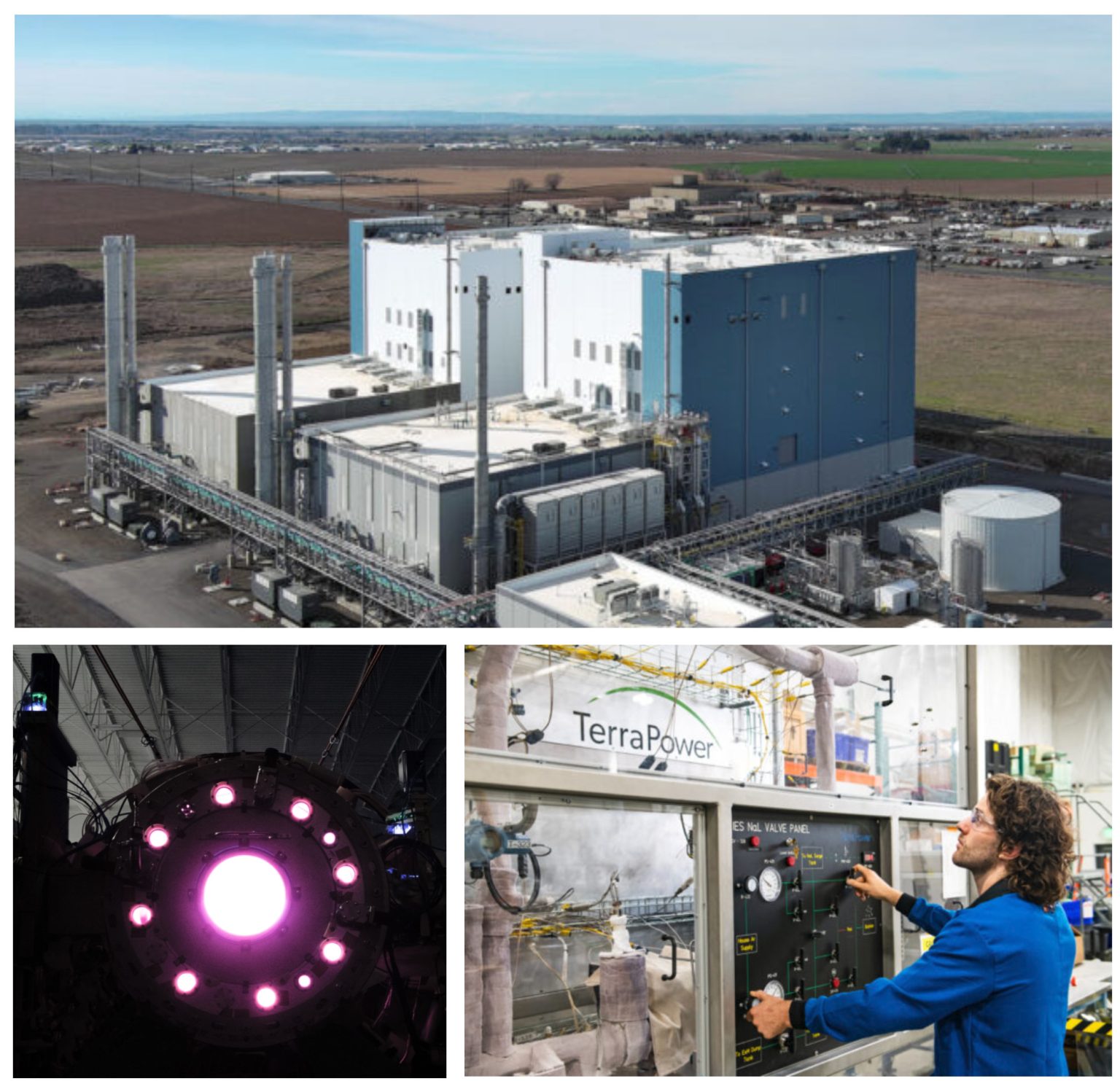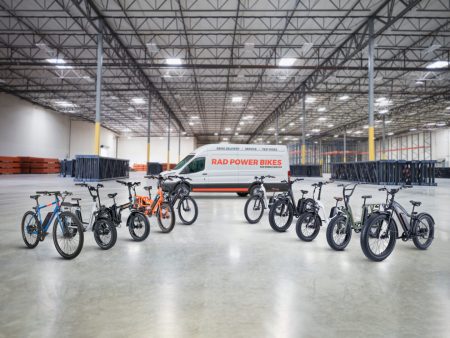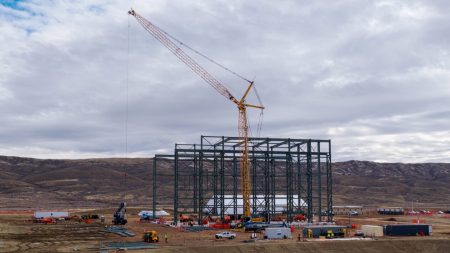Pacific Northwest Emerges as Clean Energy Investment Powerhouse in 2025
In a remarkable shift in the investment landscape, clean energy companies in the Pacific Northwest have secured the three largest funding rounds of 2025, highlighting the region’s growing prominence in climate technology. TerraPower, Group14 Technologies, and Helion Energy have collectively raised over $1.5 billion, spearheading a regional trend where nearly 40% of all investment dollars are flowing into climate tech and sustainability ventures.
The investment surge is led by TerraPower, co-founded by Bill Gates, which secured an impressive $650 million to develop its next-generation small modular nuclear reactors. This substantial funding round attracted high-profile investors including Gates himself, NVIDIA’s venture capital division, and HD Hyundai. Following closely is Group14 Technologies with $430 million in new funding for its silicon-anode battery materials, supporting manufacturing expansions in Eastern Washington and South Korea. Helion Energy rounds out the top three with $425 million dedicated to fusion energy innovations and the construction of its first commercial reactor in Eastern Washington. These investments represent not just financial confidence but a strategic bet on the future of energy production and storage technologies that could fundamentally transform our approach to power generation.
What makes this trend particularly noteworthy is that it defies traditional venture capital patterns. Climate tech has historically struggled to attract significant investment due to high upfront capital requirements for hardware development and the extended timelines before reaching profitability. The sector faces additional headwinds this year with shifting political winds threatening to reduce federal support, rising tariffs potentially increasing costs, and recent setbacks like the Trump administration’s halting of a nearly completed offshore wind project in Rhode Island. Despite these challenges, investors in the Pacific Northwest appear undeterred, demonstrating unusual conviction in the long-term viability of clean energy solutions.
Local experts offer compelling explanations for this regional investment anomaly. Reuven Carlyle, founder of Earth Finance, suggests that Pacific Northwest investors and companies have adopted a long-term perspective on global decarbonization trends. Rather than reacting to short-term political fluctuations, they’re “separating the signal from the noise” and positioning themselves for what they see as an inevitable transition to cleaner energy systems. This strategic patience is complemented by immediate market pressures, as noted by E8 Angels executive director Karin Kidder, who points to tech giants like Amazon and Microsoft scrambling to secure clean electricity for their rapidly expanding AI operations. The urgent need for energy storage, grid solutions, and sustainable materials has created immediate market opportunities that investors are eager to capitalize on regardless of political uncertainty.
The Pacific Northwest’s commitment to climate technology stands in stark contrast to national trends. While U.S. climate investments have remained relatively flat since dropping by approximately half from their 2021 peak (hovering around $14 billion annually in 2023 and 2024), Pacific Northwest companies have bucked this trend dramatically by raising more than $2 billion in 2025 alone—nearly triple last year’s total. This regional outperformance can be attributed to a unique convergence of factors, including supportive public policies like Washington’s Climate Commitment Act, which puts a price on carbon emissions; clean power production requirements; and rigorous building efficiency standards. Perhaps equally important is the concentration of international corporations with ambitious carbon-reduction goals headquartered in the region, including Amazon, Microsoft, Starbucks, Boeing, and T-Mobile, creating a supportive ecosystem for climate innovation.
The foundation for this clean energy renaissance extends beyond policy and corporate commitments. Kidder identifies additional catalysts including “the talent and ideas coming out of our universities, a growing pool of investors, real corporate commitment, and historic state support.” This powerful combination has transformed the Pacific Northwest into an environment where climate tech founders “can start and scale quickly with access to a diverse mix of capital.” However, significant questions remain about the technological and economic viability of these heavily funded ventures: Can fusion technology like Helion’s actually deliver commercially viable power? Will TerraPower’s small modular reactors prove economically competitive? Is it possible to build a robust domestic battery industry centered around innovations like those from Group14? With tangible progress already underway—including Helion breaking ground on its first reactor and TerraPower advancing its Wyoming nuclear facility—the Pacific Northwest is not just attracting investment dollars but actively building the energy infrastructure of tomorrow, potentially establishing itself as a global leader in the transition to clean energy.














